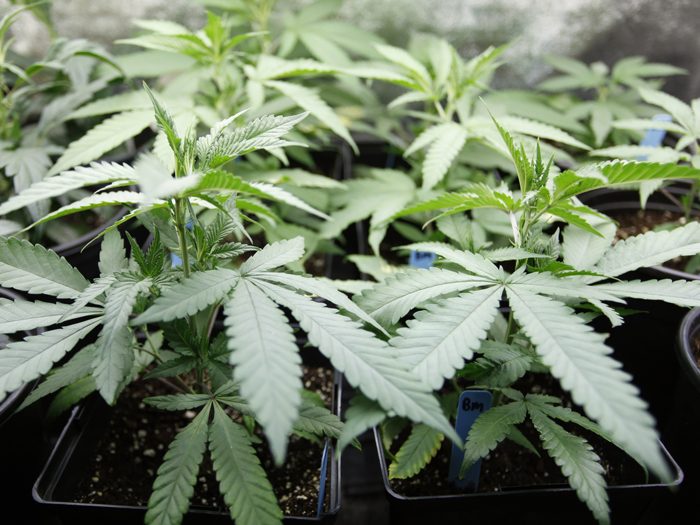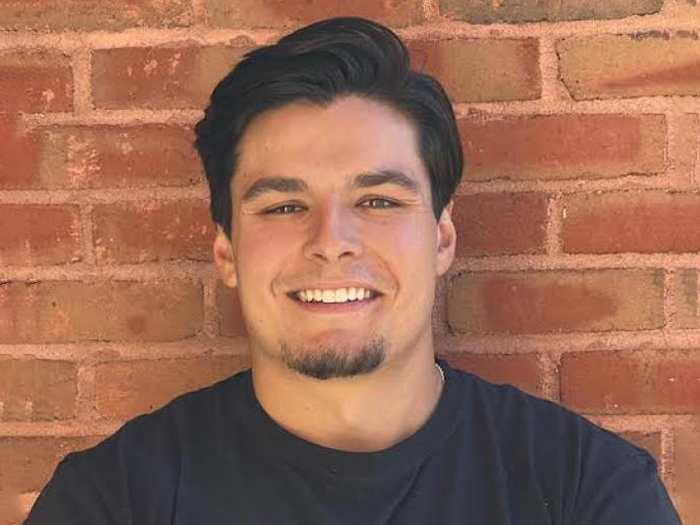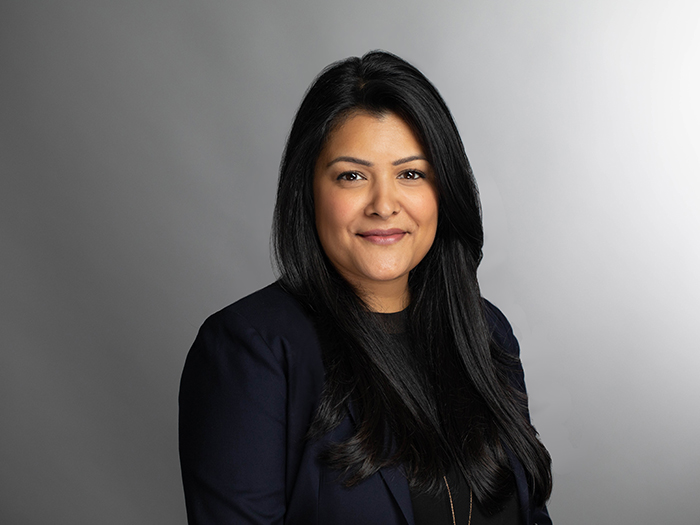16 States Provide Workplace Protection for Medicinal Marijuana. Could California Be Next?

Ever since states started legalizing marijuana for medicinal and recreational purposes, there has been a debate over drug testing in the workplace.
A worker who is using the drug medicinally may fail a drug test and lose their job. But a recreational user could be making their workplace less safe for everyone if they come to work inebriated.
Enter workplace drug testing.
The rate of positive drug tests hit a 14 year high in 2018, according to a recent Los Angeles Times article. Of the 10 million tests processed by Quest Diagnostics, 4.4% tested positive for some type of drug.
But these tests, while effective for detecting employee drug use, don’t distinguish between recreational and medical uses of substances like marijuana. A drug who’s quasi-legality makes it difficult for workers who are using it medicinally to gain employment protections.
A spike in the number of job applicants who were disqualified by state agencies after failing tests for marijuana has driven California to consider legislation that would protect workers who are using the drug medicinally.
A new bill introduced by Assemblyman Rob Bonta (D-Alameda) would require employers to provide accommodations to workers using medical marijuana with reasonable accommodations, the L.A. Times reports.
This new bill would conflict with the state’s Proposition 64 which, in addition to making recreational marijuana legal, allows public and private employers to maintain drug-free workplace policies and to terminate workers who violate those rules.
By the Numbers
- Since recreational legalization, the percentage of employees in non-safety-sensitive positions who tested positive for the drug increased from 2.3% in 2015, the year before Proposition 64 passed, to 3.1% in 2018, which is higher than the national rate of 2.8%.
- This increase in positive drug tests is leading workers to be disqualified from jobs. The number of applicants for correctional officer positions in California who were disqualified due to a failed drug test have more than doubled since 2015.
- In 2018, 1,053 applicants were rejected for correctional positions due to failed drug tests and in 2019, 813 prison guard applicants were disqualified.
- Proponents of drug testing note that marijuana use among workers can cause safety concerns. A study published by the National Institute on Drug Abuse found that postal workers who tested positive for marijuana had 55% more industrial accidents, 85% more injuries and 75% greater absenteeism compared to those who tested negative.
- THC, the psychoactive ingredient in cannabis, can register in drug tests long after its effects have worn off, however. Tests still register the drug for up to 30 days after use.
Some Specifics
The proposed bill would provide protections for employees and job applicants in non-safety-sensitive positions by requiring employers to treat medicinal marijuana like any other prescription drug that workers may be required to use. Medical marijuana has been legal in the state since 1996.
Airline pilots, truck drivers, and police officers would be exempt from the bill’s protections, as would employers with federal contractors who are required to maintain drug-free workplaces. These positions are required by law to be drug-free.
“To be discriminated against by your employer because of the type of medicine you use is both inhumane and wrong,” Bonta told the L.A. Times.
“Medical cannabis, as recommended by a doctor, should be given a similar reasonable accommodation as all prescription drugs.”
Marijuana law experts agree that employment protections are needed to be in compliance with new laws regarding legalization.
“People can still be drug tested and disciplined based on a positive result even if they are using in compliance with state law, not at work, and not impaired at work,” added Tamar Todd, a lecturer on marijuana law at UC Berkeley School of Law and vice chair of the California Cannabis Advisory Committee.
Sixteen other states, including Arizona, New York and Illinois, have adopted similar protections for workers and 19 have protections of some kind. Given that many other states are considering or have already legalized the drug for medicinal purposes, more could follow.
Opponents of the bill note that we may not yet understand the public safety implications of marijuana use.
“We are moving so fast towards complete acceptance of being high without understanding the public safety implications,” Kevin Sabet, president of the national group Smart Approaches to Marijuana, told the L.A. Times.
Others note that the protections of the law only protect workers using the drug medicinally, not those who use it recreationally during their off-the-clock hours.
“I do not think [a ban on cannabis use] is fair, or necessary to have a safe workplace,” Ellen Komp of California NORML, a group that supported marijuana legalization in the state, told the L.A. Times.
“Our position is that people can legally and responsibly use marijuana off the job, as long as they don’t show up to work impaired or use it on the job.”
Recommended Reading
Marijuana impairment testing isn’t just a topic of debate for employment practices laws, it’s also becoming necessary for workers’ compensation where injured workers using the drug may need to be tested for impairment before returning to work.
As legalization of marijuana increases, differences between state and federal regulations can lead to inconsistencies between medical cannabis products and confusion for workers’ compensation payers.
While regulations may be creating confusion, more states with medical marijuana legalization are ruling that workers’ compensation payers have to pay up for the drug. A New Jersey judge ruled on the issue as recently as last month. &










